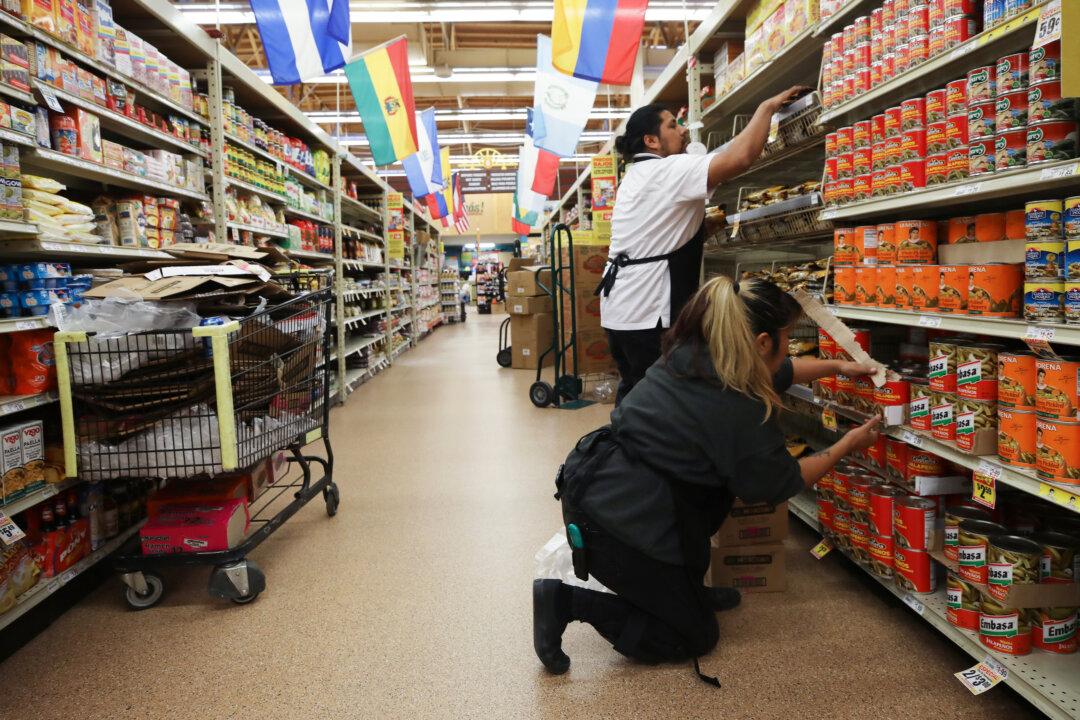Sentiment among American consumers fell in early January, with the University of Michigan’s monthly confidence survey blaming the decline on pandemic worries and concerns about high inflation.
The University of Michigan’s Consumer Sentiment index fell to a reading of 68.8 in January from 70.6 in December, bringing the gauge closer to November’s level of 67.4, which was the lowest in a decade.





